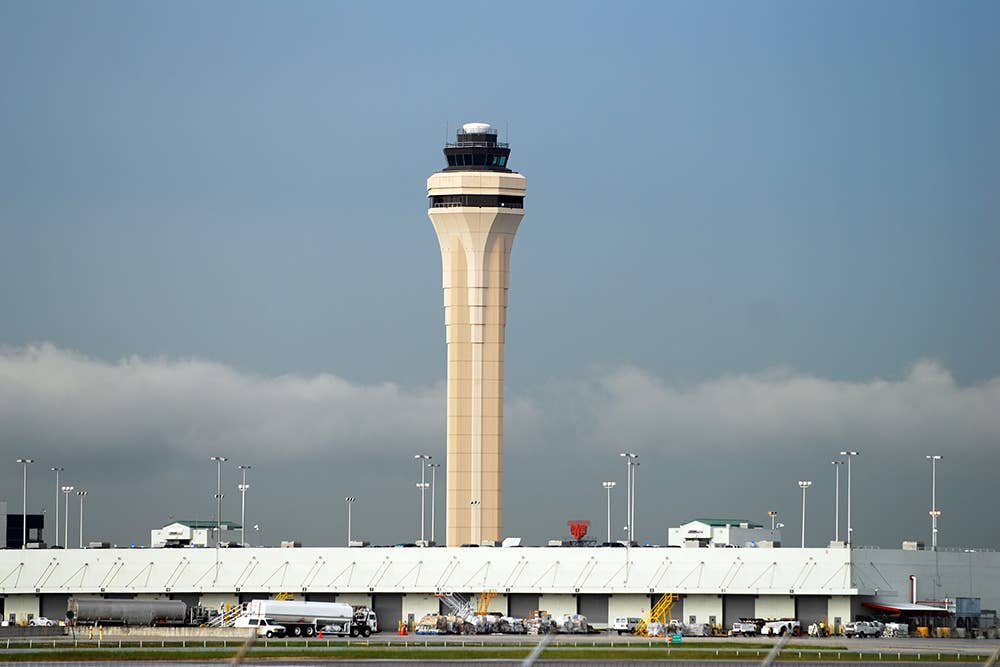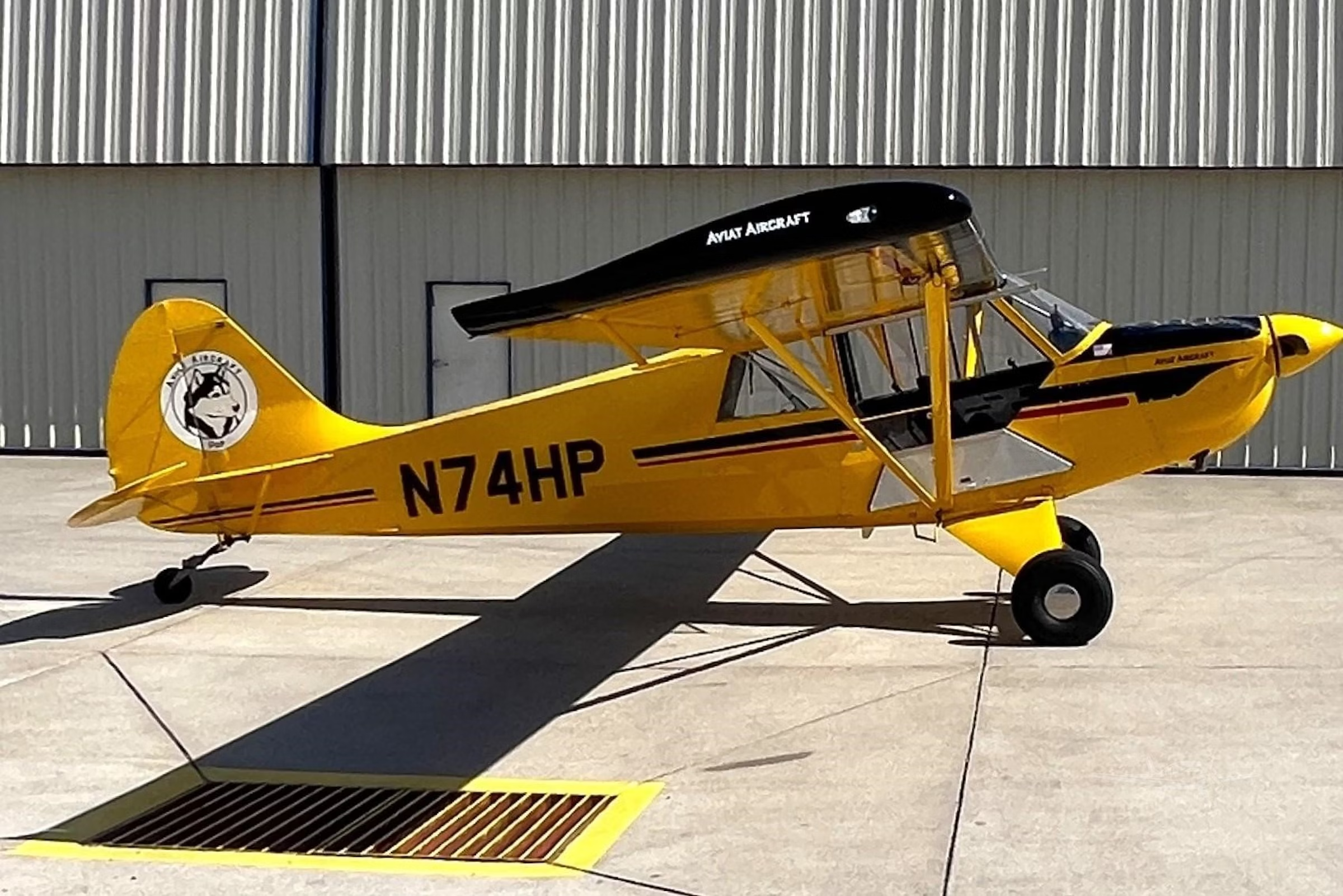Trump’s Tax Revamp: How It Could Reshape the Aircraft Market
Here’s why the latest news from the White House might shake up the aviation industry.

Treasury Secretary Scott Bessent walking to a interview at the White House [Courtesy: Shutterstock | DT phots1]
In a recent press briefing, Treasury Secretary Scott Bessent confidently stated that the return of 100 percent bonus depreciation is likely to be enacted, a tax incentive that could significantly impact business aircraft owners and the aviation industry as a whole. This development marks a shift in tax policy that could have far-reaching implications for businesses looking to invest in new assets, including aircraft.
What Is Bonus Depreciation?
Bonus depreciation, for those unfamiliar with the concept, is a tax incentive that allows businesses to immediately deduct a large percentage of the purchase price of eligible assets, rather than writing them off over their useful life.
For example, under 100 percent bonus depreciation, a company purchasing a $10 million business jet could potentially deduct the entire $10 million from their taxes in the year of purchase, rather than spreading that deduction over several years.
During his address to the media, Bessent revealed that the administration is seriously considering the reinstatement of 100 percent bonus depreciation as part of the upcoming tax bill.
“President [Donald] Trump campaigned on no tax on tips, no tax on Social Security, no tax on overtime, and restoring interest deductibility for American-made autos,” Bessent said. “So tariff income could be used for tax relief on all those immediately.”
What’s particularly noteworthy for the aviation industry is Bessent’s mention of the potential retroactive application of this policy.
“We are going to make that, as President Trump said in his speech to Congress, retroactive to January 20,” Bessent said.
This retroactive application could provide a significant windfall for businesses that have already made qualifying purchases this year.
How Does It Impact Aviation?
The possible return of 100 percent bonus depreciation is especially relevant for the aviation sector.
Aircraft purchases, which often represent substantial capital investments, could become much more attractive from a tax perspective. This change could potentially spur a wave of new aircraft acquisitions, benefiting both buyers and the industry as a whole.
For business aircraft owners and potential buyers, this news presents an opportunity. If implemented, the policy could allow for immediate deduction of the full cost of a new or pre-owned aircraft in the year of purchase, significantly reducing tax liability and freeing up cash for other investments or operational needs.
However, it’s important to note that while Bessent expressed optimism about the inclusion of 100 percent bonus depreciation in the upcoming tax bill, saying it’s “likely to get done,” the policy is not yet finalized. The proposal would need to pass through Congress as part of a larger tax package before becoming law.
The potential return of 100 percent bonus depreciation represents a significant shift from recent years. Under the Tax Cuts and Jobs Act of 2017, bonus depreciation was set at 100 percent for qualified property acquired and placed in service after September 27, 2017, and before January 1, 2023. However, this benefit has been gradually phasing out, with the rate dropping to 80 percent for property placed in service in 2023, and further reductions scheduled for subsequent years.
Support From Trade Groups
The National Business Aviation Association (NBAA) has long advocated for bonus depreciation, arguing that it delivers long-term stimulus to industries like general aviation. According to the NBAA, the GA industry provides high-skill, high-paying jobs for more than 1.1 million Americans and generates $219 billion in economic activity annually in the United States.
While the potential return of 100 percent bonus depreciation is exciting news for many in the business aviation community, it’s crucial to approach this opportunity with careful planning and expert guidance. Aircraft purchases should align with overall business strategy and financial goals.
Consulting with tax professionals and aviation experts can help navigate the complexities of aircraft depreciation and ensure maximization of the benefits of this potential tax change.
As we await further details on the proposed tax bill, business aircraft owners and potential buyers should stay informed and prepare for potential opportunities. If 100 percent bonus depreciation is indeed reinstated, it could represent a significant advantage for those looking to invest in business aircraft. Professionals caution buyers against waiting to purchase, as inventory could plummet and prices skyrocket.
If your financial strategy includes financing, the team at FLYING Finance is capable of guiding you through the intricacies of aircraft finance.

Sign-up for newsletters & special offers!
Get the latest FLYING stories & special offers delivered directly to your inbox






